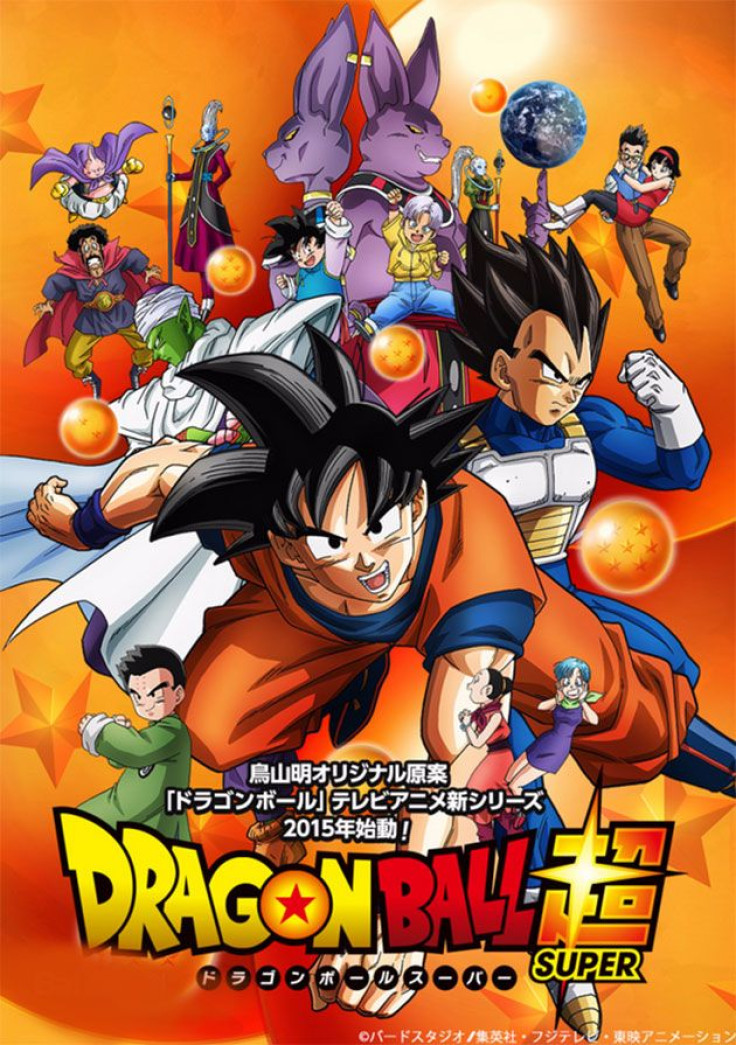'Dragon Ball Super' Gets Cancelled In This Country Because Of Master Roshi Controversy
KEY POINTS
- Fans will no longer see "Dragon Ball Super" air in Buenos Aires and other parts of Argentina
- Cartoon Network and Warner Media has decided to stop the airing of "Dragon Ball Super" in the region
- One of the episodes of "Dragon Ball Super" allegedly contains "sexual abuse"
The hit anime series "Dragon Ball Super" has been canceled in Buenos Aires, the capital city of Argentina, because of Master Roshi.
The airing of "Dragon Ball Super" was stopped by Cartoon Network following a complaint filed by the Ministry of Women, Gender Policies and Sexual Diversity in the province of Buenos Aires to the Department of Public Defense. The complaint pointed out that one of the episodes contained "sexual abuse."
"We express our concern at the @DefdelPublico for the issuance of a chapter of Dragon Ball Super in which a situation of sexual abuse by an elder towards an adolescent was represented in the framework of a series intended for children," Estella Diaz, minister of women, gender policies and sexual diversity of the province of Buenos Aires, tweeted Tuesday.

The "Dragon Ball Super" episode was the one where Master Roshi encouraged Puar to transform into a lovely young lady. Roshi is depicted in the series as an old man who has a peculiar sexual behavior toward young women.
He asked Puar to do this so he could overcome his weakness. By the end of the training, Master Roshi told Puar he has succeeded in sexualizing women but only when he is in a battle.
Following the complaint, the Department of Public Defense of Buenos Aires called for a meeting with the station. Cartoon Network and Warner Media pulled "Dragon Ball Super" from airing not only in Buenos Aires but also in other areas in Argentina.
"Warner company stated that it was an error in the selection of the contents that are reviewed, even to avoid inappropriate language, scenes of substance use and situations of violence," Diaz revealed in a follow-up tweet.
"Caring for our childhood is the responsibility of the whole. Dialogue makes it possible to build consensus to respect the rights of all," Diaz noted.
Did anyone catch the Konami code reference in Dragon Ball Super?
— 𝕲𝖗𝖎𝖒 𝕾𝖍𝖆𝖉𝖔𝖜 (Grim Shadow) (@_Grim_Shadow_) February 14, 2021
It was mentioned by Master Roshi when fighting Ganos in the Tournament of Power. pic.twitter.com/nP5Mlqlp65
This incident is a reminder to TV stations in other parts of the world where sensitive content like this one does not amuse the majority of the viewers or the authorities. Content with sensitive themes or language should be carefully examined and censored before it becomes available to viewers.
© Copyright IBTimes 2024. All rights reserved.












